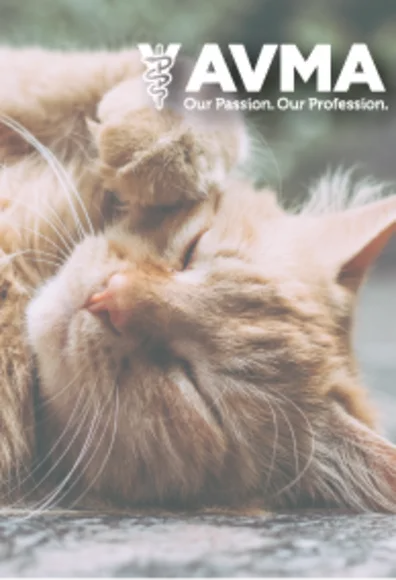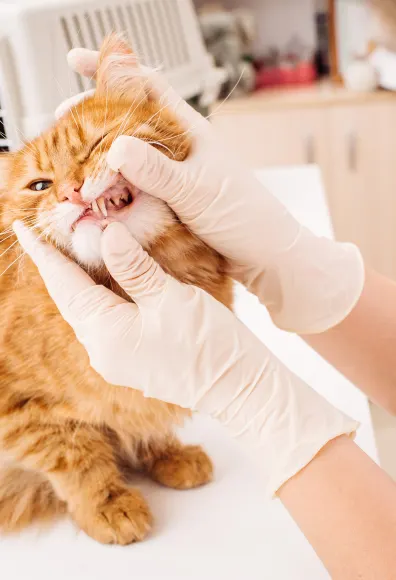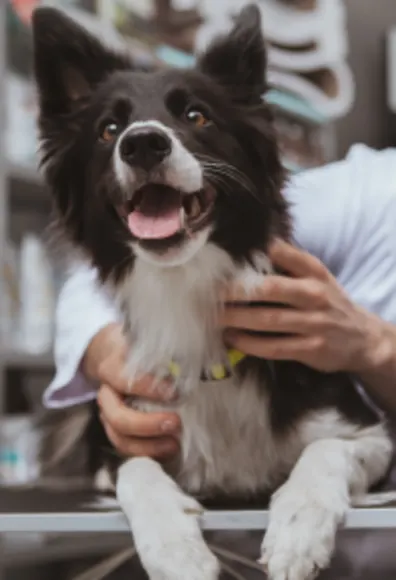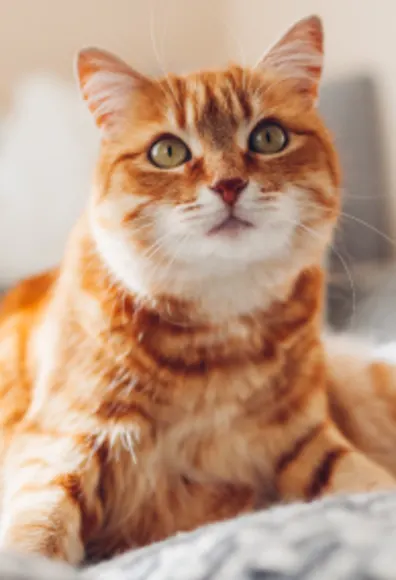Laurelwood Animal Hospital



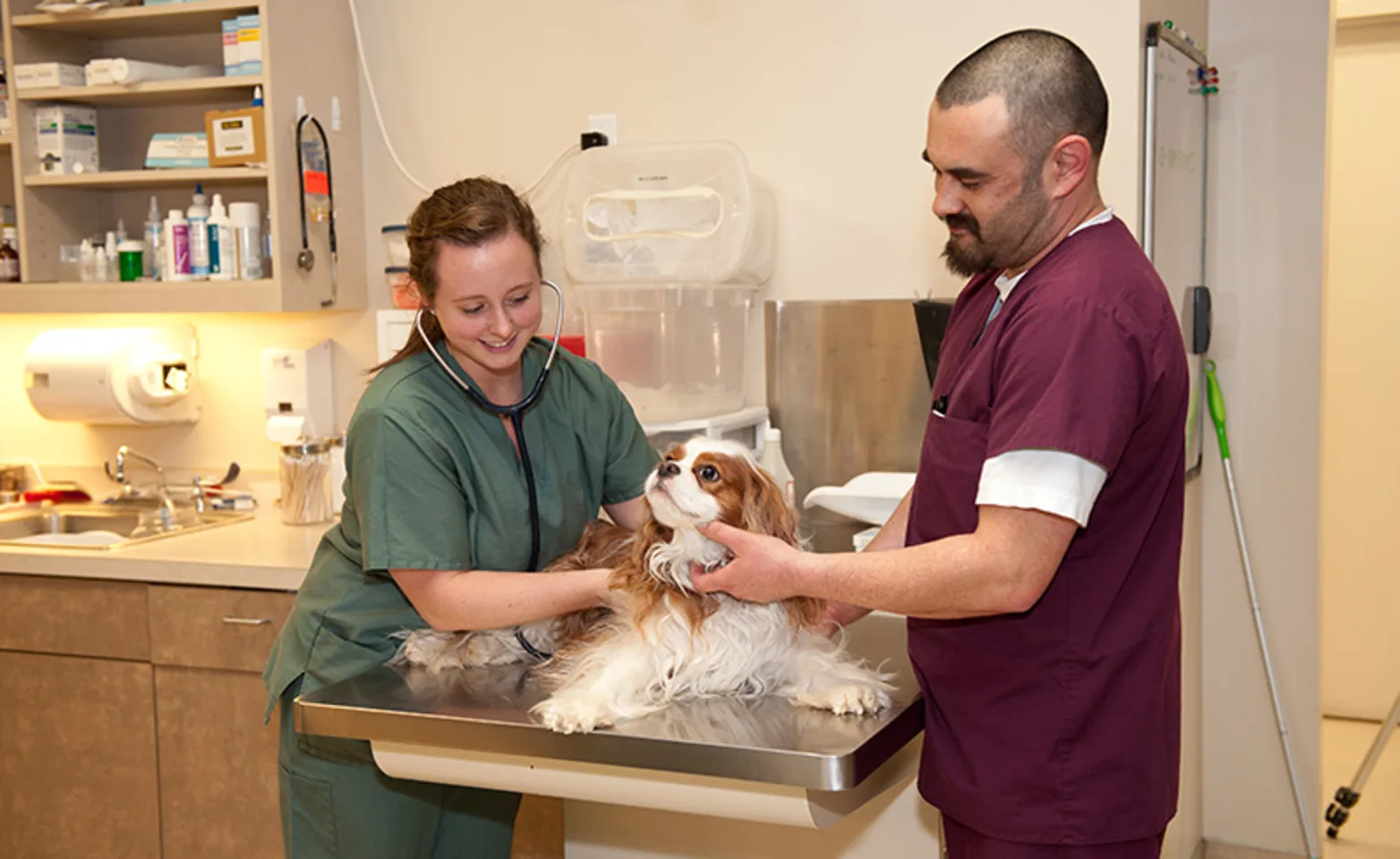
Our Animal Hospital
The Doctors and staff of Laurelwood Animal Hospital recognize the importance of pets in our lives and strive daily to provide the most complete, comprehensive and compassionate medical care possible. We recognize the critical importance of communication and will ensure that any questions or concerns are dealt with immediately. We further recognize the tremendous value of the human/animal bond and we work tirelessly to continually strengthen that bond.
Client Reviews & Testimonials
We have cared for hundreds of happy Beaverton pets since 2006. See what people are saying about us and what makes us one of Portland's best-rated veterinarians.
